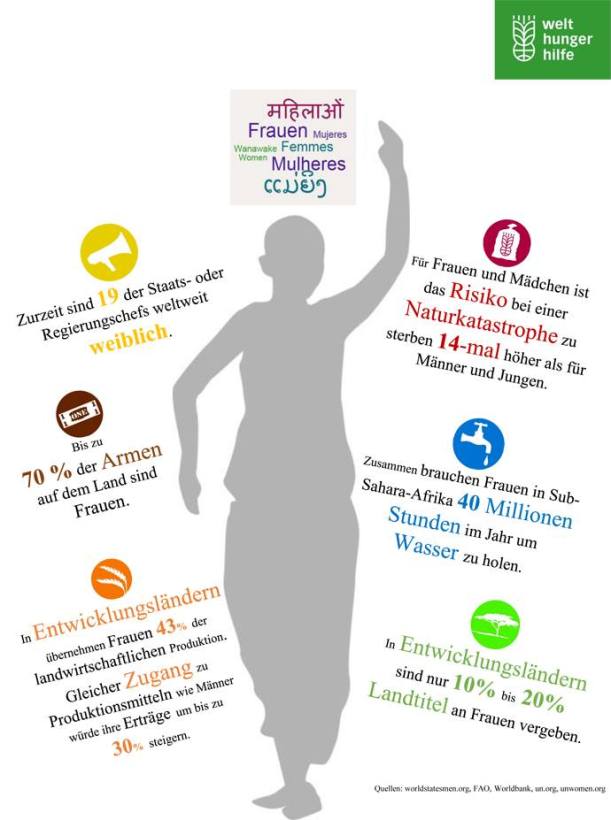The celebrations surrounding today’s International Women’s Day have given rise to a number of great resources recognizing the importance of women in agriculture. Instead of writing my own contribution, I thought I’d give you a handy link roundup for your surfing and perusal pleasure – have fun!
From Food Tank: 23 Women Changing Food. Is a great list of inspiring women farmers, NGO founders, writers, and leading figures that change agriculture for the better.
From Oxfam America: Your Story has been asking supporters to submit stories of women that empowered their community and were actors of change for social justice. Extremely touching to read.
From the World Food Programme: Empower women to end hunger gives three examples of women that through the help of WFP assistance are on the best way to support their families and communities and to combat hunger in the long run.
The FAO yesterday hosted a panel discussion event on Closing the Gender Gap in Agriculture, some insights of which are summarized in the linked article.
The CGIAR investigates the Gender Dimensions of Climate-Smart Agriculture in their blog post on the topic.
And finally, the Welthungerhilfe has some poignant stats on the state of women in the world. Here is their (German) infographic, I translated the stats below:
- Currently, only 19 heads of states around the world are female.
- For women and girls, the risk of dying in the wake of a natural catastrophe is 14 times higher than for men and boys.
- Up to 70% of rural poor are women.
- In sum, women in Sub-Saharan Africa spend 40 million hours per year to gather water.
- In developing countries, women are in charge of 43% of agricultural production. If they had the same access to resources and production factors as men, their yields could increase up to 30%.
- In developing countries, only 10 – 20% of land titles belong to women.
There is thus quite an amount of existing efforts around the world, but also plenty of room for improvement in supporting women in agriculture. Check out my “Gender” category for many more posts on the topic of gender and food systems!
Have you found more interesting analyses today?
